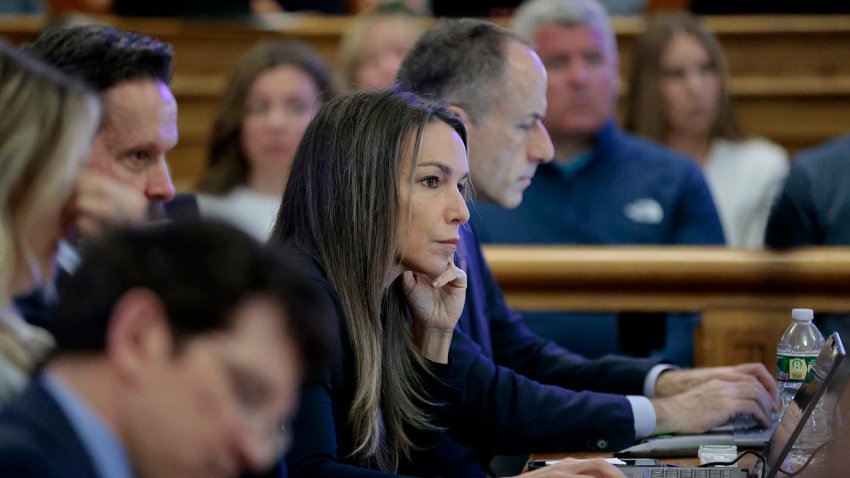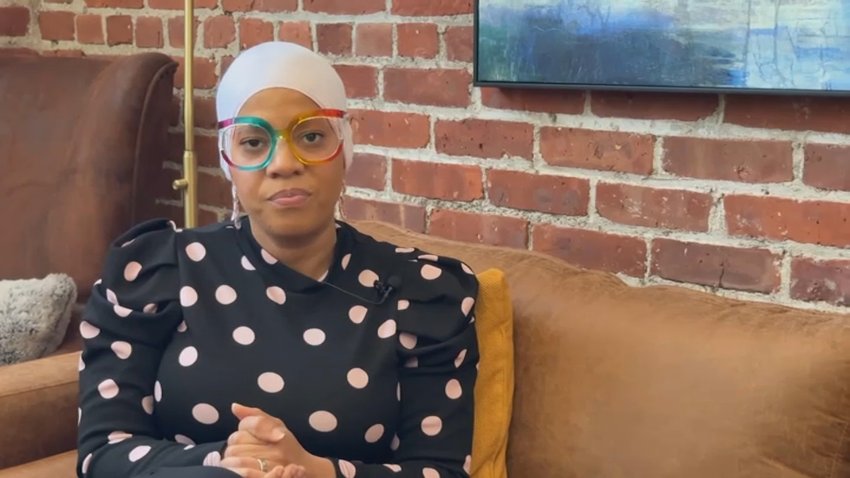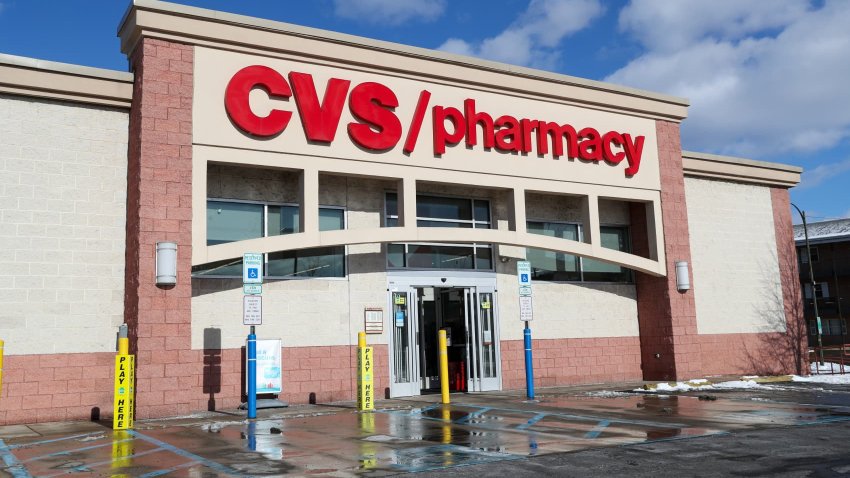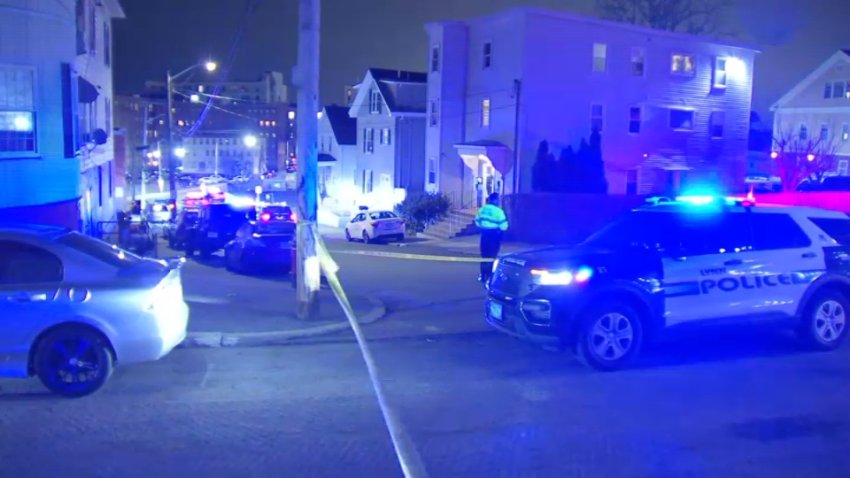
Brookline police seek to ID two men possibly involved in armed altercation
Police in Brookline, Massachusetts, are asking for the public’s help identifying two people who may have been involved in an armed assault that occurred last month.

Police in Brookline, Massachusetts, are asking for the public’s help identifying two people who may have been involved in an armed assault that occurred last month.

The Celtics lost 91-90 to the Knicks at TD Garden Wednesday night, now down 2-0 in the Eastern Conference semifinals

A witness for the prosecution in Karen Read’s second murder trial testified Wednesday that a critical phone search for hypothermia was done after the defendant’s Boston police officer boyfriend was found in the snow not hours earlier.

While it’s still bright and mild today, the looming rain has everyone by the tail.

The Knicks’ perseverance could be the difference-maker in their Eastern Conference semifinals series vs. the Celtics.

Celtics big man Kristaps Porzingis shared a less-than-encouraging update on the illness that’s limited his minutes against the Knicks this series.

Federal immigration agents have apparently returned in force to Massachusetts, sowing fear among the community with new operations in different cities across the state.

The MBTA’s new contactless payment system might be contributing to frequent fare evasion on the Green Line’s B Branch in Boston

Tania Fernandes Anderson, who pleaded guilty to federal corruption charges, told NBC10 Boston she plans to remain on the Boston City Council until the end of the fiscal year so her constituents are represented

The Celtics will have Kristaps Porzingis back in action but will be without Sam Hauser for Game 2 of their second-round series against the Knicks.

A lawsuit from Massachusetts Attorney General Andrea Joy Campbell and her counterparts in Connecticut, Indiana and Oklahoma says CVS has failed for years to offer Medicaid members the same discounts as customers who paid in cash

Some of us got a break from the rain Wednesday, but brace yourself — more wet weather is headed our way, with heavy, windswept rain on the way Friday and more continuing for part of the weekend. High temperatures hit the low to mid 70s Wednesday under partly sunny skies. But the entire day was not expected to be dry…

Eastern Washington head coach Aaron Best joined the Next Pats podcast to describe what makes Patriots UDFA WR Efton Chism III an exciting talent.

For the second straight game, the Celtics blew a 20-point lead against the Knicks on their home floor.
